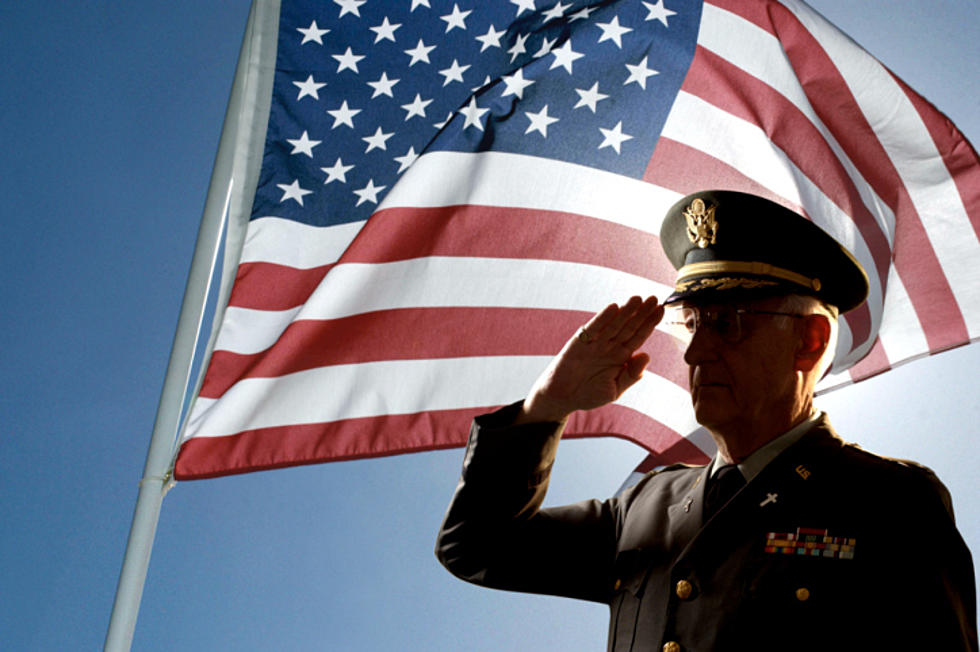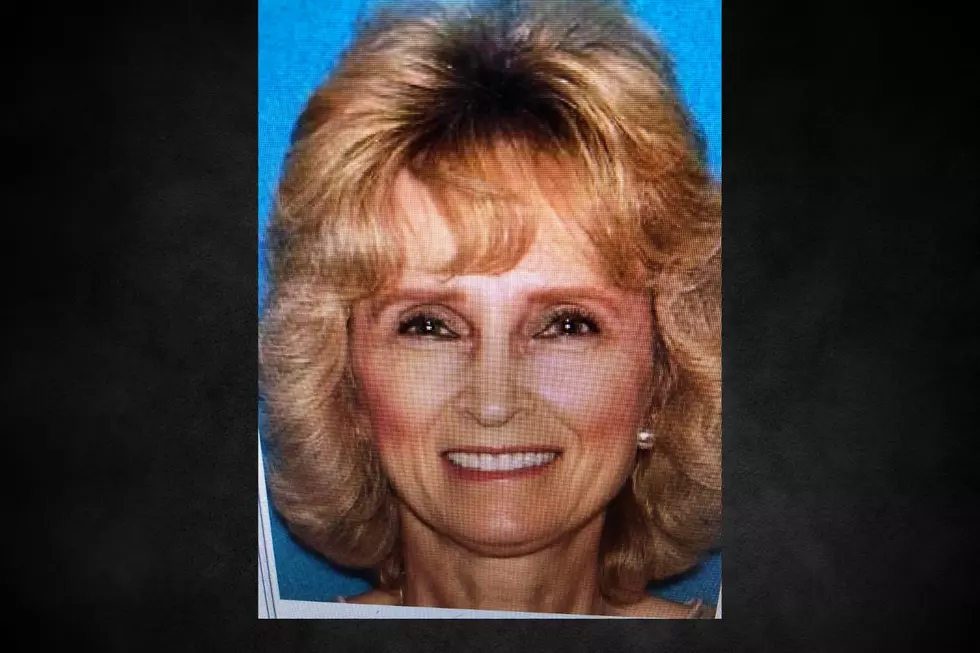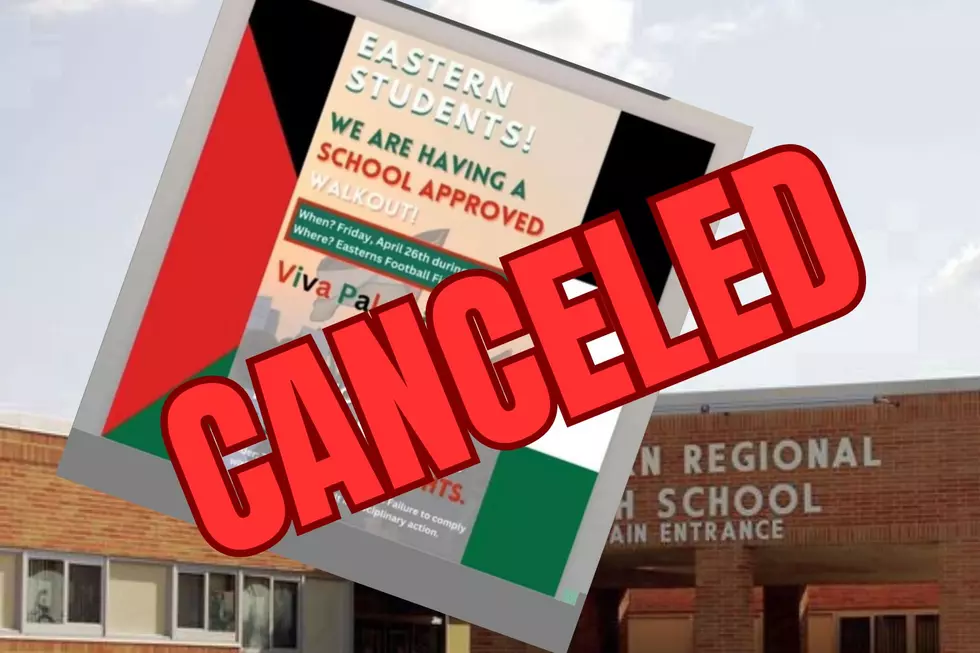
NJ programs aim to keep vets from taking their own lives
Veteran suicides totaled more than 250 in New Jersey from 2015 through 2017. According to federal numbers, another 478 veterans and armed-forces members took their own lives from 2010 through 2014 in the Garden State.
The state Department of Military and Veterans Affairs believes New Jersey has a healthier veteran population than a decade ago. It's touting the services made available to those who've served their country, but acknowledges it can't force every vet to take advantage of what's being offered.
"Services are available for veterans regardless of what state they think they're in," said Walter Nall, the department's director of veterans services.
Programs in the area do not only target veterans at their worst, the state noted. Getting them on their feet and into society when they first come home, or soon after, can play a significant role in maintaining their mental health for the long haul.
Up and running for more than 14 years, the NJ Vet2Vet Peer Support line has been a 24/7 option for struggling vets. A collaboration between the state and Rutgers University, the line is said to be a "positive and effective means to mitigate potentially life-threatening issues" to service members.
Among other services, the department also supports vets through two homeless transition facilities, job fairs specifically for those who've served, and a diversion program that can lift certain veterans out of the criminal justice system and into appropriate case management and mental health services.
Incoming calls to the Vet2Vet helpline increased by 165% between 2006 and 2016, the state said. Outgoing calls increased by 650% over the same time frame.
Michael Boll, a veteran and founder of New Jersey Veterans Network, said human contact and follow-ups — and not just a "thank you for your service" — make a huge impact on this population.
"Actually calling them or going to speak to them, and really asking how they can be helped, will go a lot further than just buying a sticker," Boll said.
Boll's Union-based nonprofit, he said, saved a dozen lives last year alone.
"I believe when someone comes home from war, the family does not know how to handle it properly," Boll said. "When a person's at the brink, they feel like no one wants to help them, or they don't want to ask for help."
More from New Jersey 101.5:
Contact reporter Dino Flammia at dino.flammia@townsquaremedia.com.
More From New Jersey 101.5 FM









